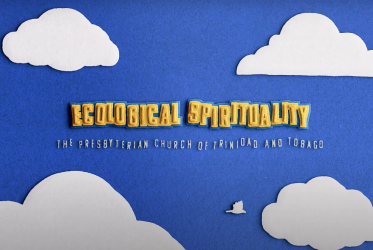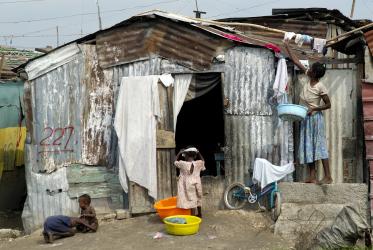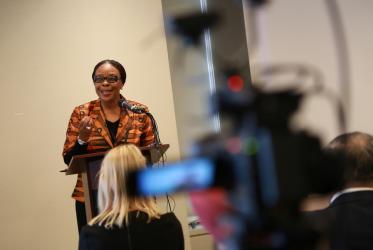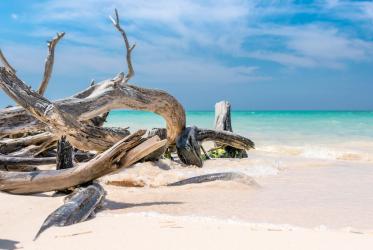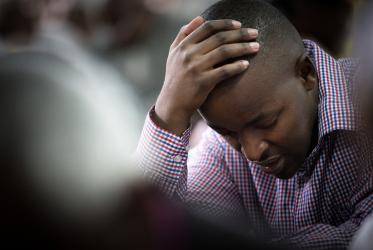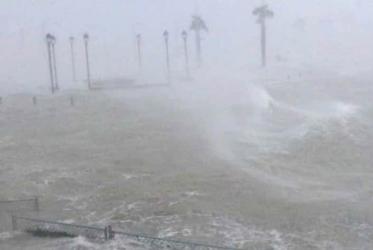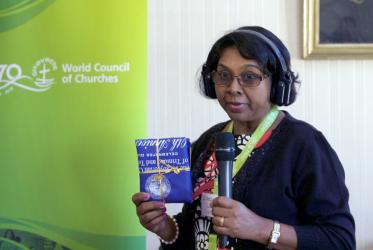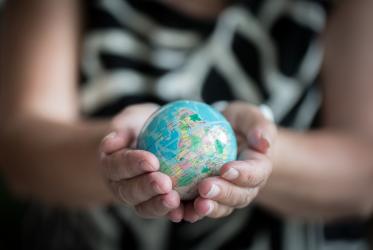Displaying 1 - 16 of 16
WCC prays for Caribbean region in wake of strong earthquake
31 January 2020
Is God present - even amid hurricane’s wrath?
07 September 2019
Trinidad and Tobago church challenges plastic pollution
09 October 2018
Seven weeks of Lent highlight water justice in Latin America
12 February 2018
In Zambia, foreign investors complicate “economy of life”
06 September 2017
GEM School: integrating theology and economics
05 September 2017
Churches engage in development dialogue on Africa
06 March 2013
